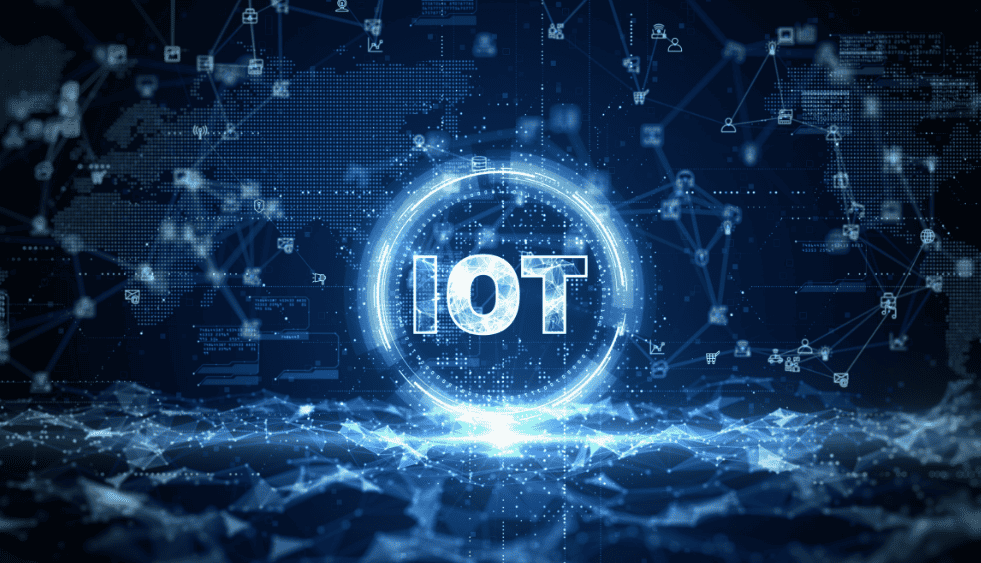The rapid growth of IoT devices, from smart homes to industrial automation, brings immense benefits but also significant security challenges. These devices often lack the resources for robust security, making them vulnerable to attacks. Implementing Public Key Infrastructure (PKI) is essential for securing IoT networks, ensuring authentication, encryption, and data integrity. Despite challenges like resource limitations and certificate management, adopting lightweight protocols and central servers can help. PKI not only secures communication but also supports building smart supply chains by ensuring that only authorized devices interact within a network, maintaining the integrity and confidentiality of data.
The Internet of Things (IoT) has revolutionized our lives and work. With billions of IoT devices connected to the internet, the IoT infrastructure has opened up new opportunities for businesses and industries to improve their processes, increase efficiency, and enhance customer experience.
Table of Contents
However, with this new technology comes new challenges, and security is at the top of the list. This blog post will explore how Cloud PKI and certificates can help secure your IoT infrastructure.
The Importance Of Security In IoT Infrastructure
Millions of devices are getting connected to the internet every day. These include smart home devices, wearables, healthcare devices, and industrial automation. Managing security can be challenging with so many connected devices operating on a single network.
These devices often operate with limited resources and cannot support the same level of security as traditional computers. This makes them vulnerable to malware, man-in-the-middle attacks, and data breaches.

Understanding Public Key Infrastructure And Certificates
Public Key Infrastructure (PKI) is a security framework for managing digital certificates and public encryption keys. PKI helps establish secure communication between devices and networks by providing authentication, confidentiality, and integrity.
Certificates are used to verify the identity of devices and establish trust during communication. The certificate issued to a device contains public encryption keys that encrypt data sent from that device to other devices or servers.
PKI helps ensure the security of the devices within a network by enabling secure authentication, encryption, and digital signatures.
Benefits Of Using PKI For IoT Security
Implementing PKI in your IoT infrastructure has immense benefits. Firstly, it enables secure communication between devices, ensuring that only the intended recipients can access data sent over the network.
Secondly, PKI ensures data integrity, meaning that data transmitted cannot be modified or tampered with. Additionally, PKI can be used to authenticate the identity of devices to ensure that only authorized devices can access the network.
PKI also provides a secure way of revoking access and removing outdated certificates, ensuring the network’s access remains secure.

Challenges In Implementing PKI In IoT Infrastructure
One major challenge in implementing PKI in IoT Infrastructure is the limited resources of IoT devices. PKI systems require significant computational power to generate and manage certificates, which can burden IoT devices with limited resources.
However, this challenge can be overcome using lightweight certificate protocols requiring minimal computations and storage requirements. Another challenge is managing certificates for large numbers of devices distributed across different locations. However, the use of central certificate servers can help manage this challenge.
Best Practices For Implementing PKI In IoT Infrastructure
You’ll need to follow best practices to successfully implement PKI in your IoT infrastructure. Start by creating a robust PKI policy that outlines the rules and requirements for issuing and managing certificates.
Ensure that the certificates are well-protected and use strong encryption. Implement a certificate lifecycle management process to manage certificates right from deployment to revocation. Regularly audit and monitor certificates to ensure that they are valid and have not been compromised.
The Future Of IoT Infrastructure Security With PKI And Certificates
PKI with certificates has been around for decades, and as the IoT industry grows, so will the need for PKI to secure communication between devices and systems. Certificates issued by trusted CAs will become even more critical, ensuring that devices are authenticated and maintain integrity.



